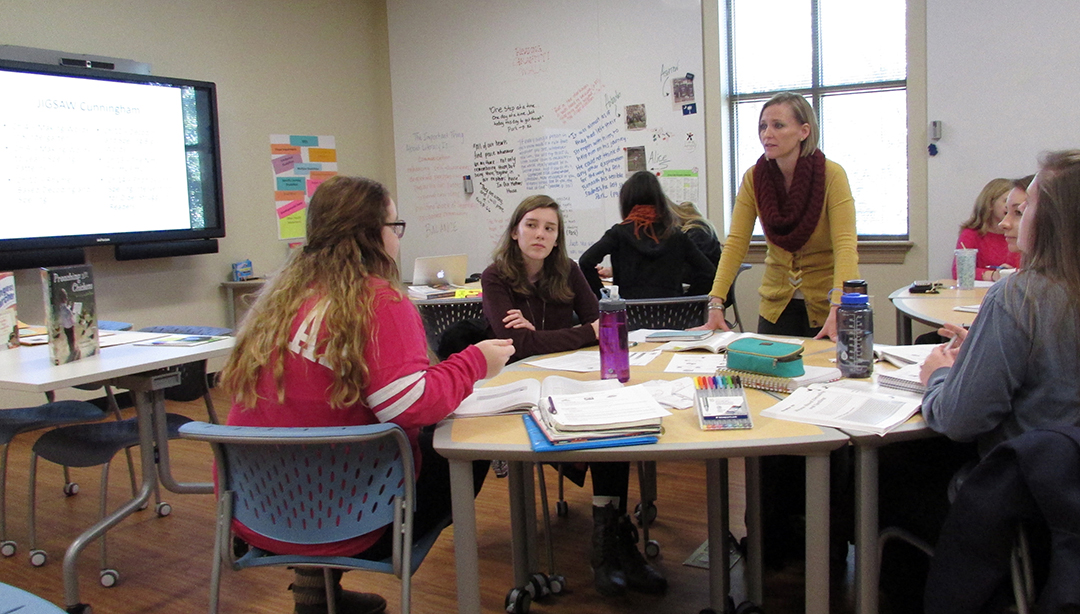The Pathways program at Furman is meant to teach students the organizational and academic skills they need to thrive in college. Yet, oftentimes students do not view the course in light of this purpose, citing the weekly course as time-consuming and even detrimental. This Fall marks the first school year administration has made Pathways a requirement for first and second-year students, and with that decision has come more scrutiny into the effectiveness of the program as a whole. While its purpose is to guide students to independence in college, can a forced class really accomplish that goal?
Furman’s website describes Pathways as a program that “focuses on successfully transitioning to college by…focusing on skills such as time management, effective study strategies and stress management.” Furman also claims that they are “building a foundation of self-awareness and reflection, helping students learn who they are.” While at face value this appears helpful, I wonder if, for many, it feels forced and, for lack of a better term, a form of babying our students. Since I have not experienced this program personally, I asked Claire Jost, a first-year student, to give me her honest perspective on the program and its effects.
Pathways requires first- and second-year students to meet in a class setting with an advisor and a peer mentor each week for 50 minutes. While this is not a big chunk out of the week, it could occasionally feel significant depending on the workload of a student that day. Jost says, “It honestly feels like a wasted hour, and I would much rather have the time to do other work. It causes more stress than it relieves, ironically enough.”
What exactly is Pathways teaching? Jost says students “are learning quite elementary use of scheduling and self-regulation. While it is essential to understand these things, I believe that many people already know how and do implement these skills in their lives, making it a frustrating and demeaning experience.” One issue that arises in requiring the Pathways program is that students come into college with varying proficiencies in organization and self-motivation. For those students who are confident in these capabilities already, Pathways becomes an added burden, and for some, like Jost, its prescriptive methods can actually thwart independence.
Pathways’ vision is admirable, but for many, the skills of time management, effective study strategies, and the transition to college as a whole, are something better cultivated through their own trial and error. Students need to learn these skills through experience and by dealing with them firsthand — whether or not they are in Pathways. This formulaic mode of instilling college readiness may ultimately not translate to real-life success as much as if the students naturally learn college skills.
There are many methods and ways people deal with the issues these skills are meant to combat. It is unrealistic to hold a single algorithm or formula as the solution to transitional difficulties. “Pathways should only be a guide, but the current implementation is inflexible and takes away from students who have their own legitimate ways of doing things,” says Jost.
The endurance of Pathways is evidence that it is not ineffective for all students, but to require it for every first- and second- year is counterproductive and contrary to its mission of instilling independence. No student is the same as another, so no one solution is helpful to them all. Perhaps Pathways could be a voluntary program students can commit to if they feel as though it fits their needs, or one that an academic advisor could recommend. Or, as Jost suggests, it could be a self-paced program catered differently to each student. Flexible guidance, rather than compulsory requirement should be the structure of a program like Pathways









































